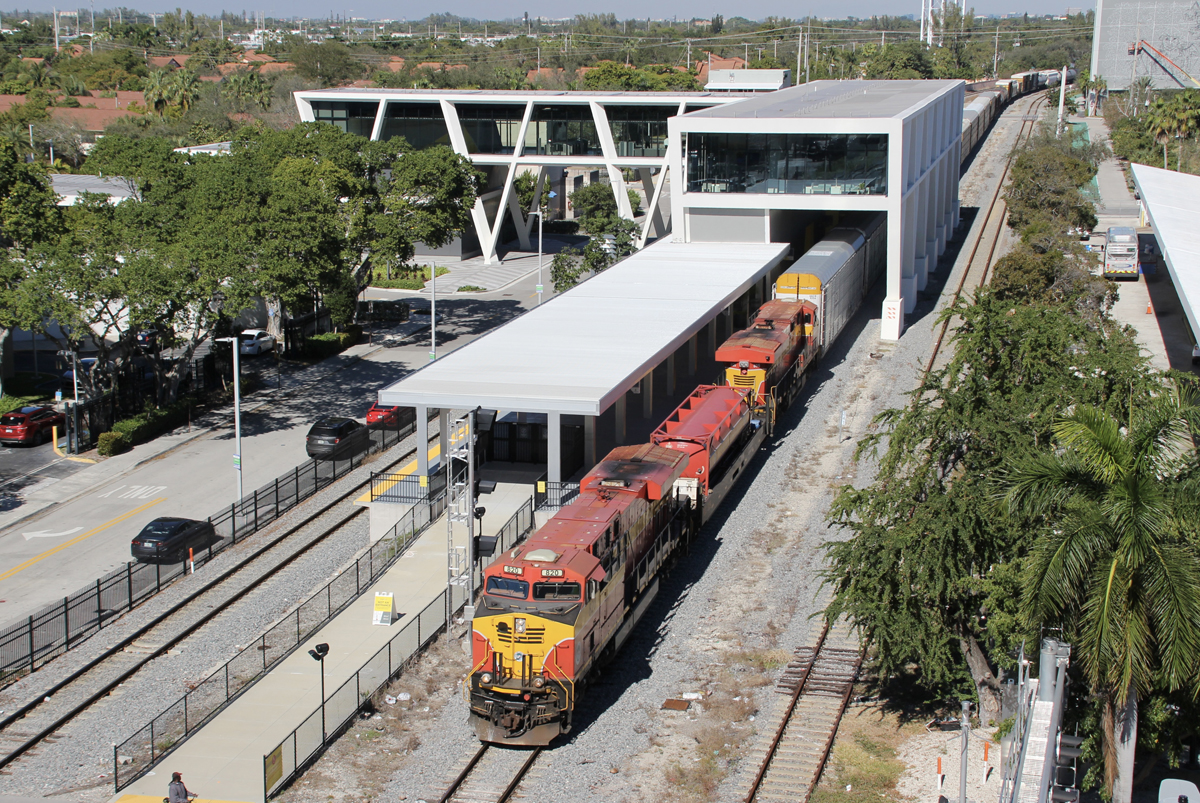
MIAMI — Florida East Coast Railway is suing Brightline over the proposed commuter service along the FEC route used by Brightline in South Florida, saying the passenger operator does not have the authority to negotiate the use of the line and that the plan is part of a Brightline effort to stave off “financial collapse.”
The suit, filed in Miami-Dade Circuit Court on July 11, says Brightline did not inform FEC of the negotiations because it knew the plan “not only threatened to significantly disrupt FECR’s freight service, but was also impossible without substantial new investment in track and facility infrastructure, which Brightline certainly could not afford.” And it says the negotiations that began in 2020 would violate Brightline’s contracts with FEC “absent significant modifications to their existing agreements.”
The Miami Herald first reported the suit today (Friday, Aug. 1, 2025). Brightline representative Ashley Blasewitz told the Herald and public broadcaster WLRN, “Brightline does not comment on ongoing litigation, but this claim is without merit and we have filed a motion to dismiss and compel arbitration.”
That Brightline filing — not previously reported — claims FEC’s action was to damage a planned Brightline bond offering for the commuter project.
FEC did not respond to the media outlets’ requests for comment.
Negotiations between Brightline and Miami-Dade County regarding a commuter operation over a 14-mile segment between Miami and Aventura, Fla., were first reported in 2020 [see “Brightline negotiating to operate …,” Trains.com, May 27, 2020]. Additional proposals call for commuter service extending as far north as Fort Lauderdale, with potential expansion further north [see “Florida DOT to help fund …,” Trains.com, Nov. 11, 2022].
FEC’s suit says it learned of the negotiations that began in January 2020 “by chance” — the suit does not indicate exactly when — and the Brightline first informed the freight railroad of the negotiations “months after Brightline began scheming.” It says the planned commuter service is “unsustainable as planned because the existing infrastructure cannot support the dramatic increase in passenger traffic.” The proposed schedule of service 18 hours a day, seven days a week “would severly restrict FECR’s ability to operate its freight trains effectively and maintain the track and infrastructure while creating significant logistical challenges and potential delays.”
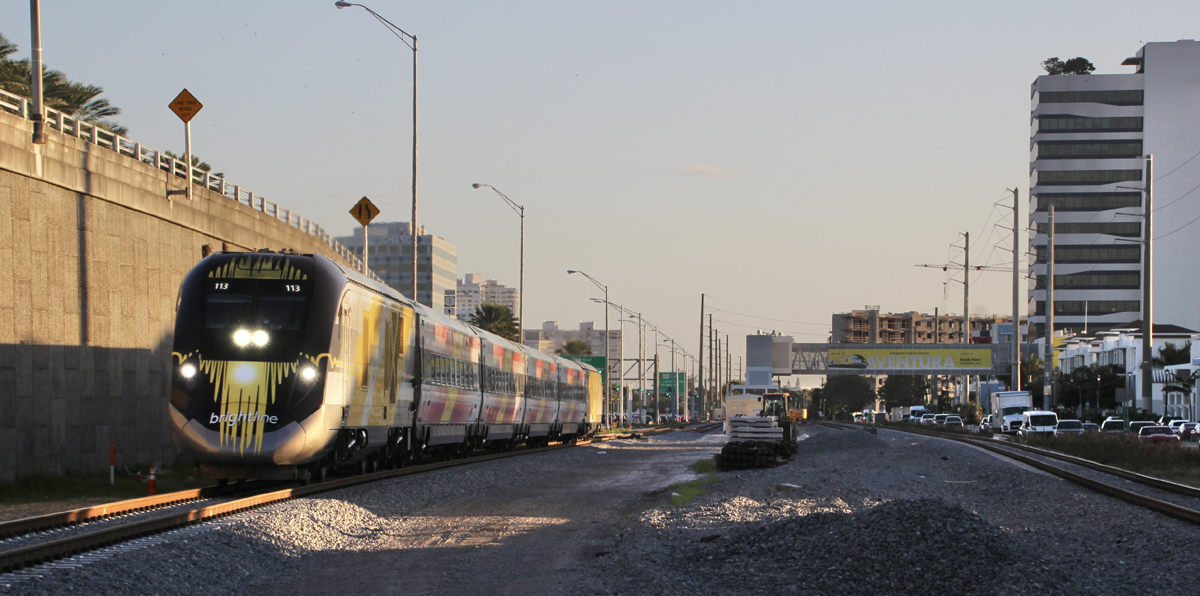
Once sister companies, FEC, Brightline have different owners
At its birth, Brightline (then known as All Aboard Florida) was a separate but sister company to FEC under parent Fortress Investment Group. But by the time Brightline launched its first service in South Florida in May 2018, the two were no longer in the same family. FEC was acquired by the transportation division Grupo Mexico, owner of Ferromex and Ferrosur — Mexico’s largest and third-largest railroads — in 2017 [see “Grupo Mexico to acquire FEC,” Trains.com, March 28, 2017], while Brightline remained with Fortress.
According to the suit, “The cooperation and transparency between FECR and Brightline that made Brightline’s passenger service a reality has, unfortunately, long disappeared.” FEC says Brightline’s suspension of operations during the COVID-19 pandemic sent the company into a “financial malaise from which it has not recovered. Today, the company teeters on the brink of insolvency and financial collapse.” That, the suit says, is the motivation for Brightline’s plan to “stave off its financial problems by loading FECR’s tracks with more passenger trains — in contravention of the parties’ meticulously bargained agreements, at the expense of FECR and to the risk of the public.”
FEC argues that the commuter plan would heighten the risk of accidents along the route — already a significant problem, and says it is not alone in being harmed by Brightline’s “irresponsible actions and disregard for the rights of others.” It notes that Miami-Dade County has pursued federal funding for the commuter project, but such funding is “dead in the water, as Brightline’s representations are not only legally prohibited by its agremenets with FECR, but also practically precluded by’FEC’s existing use of its tracks.”
The 166-page filing includes copies of three Brightline-FEC agreement. Two other exhibits have been filed under seal while the public version of a third has been redacted in its entirety. The suit also includes some large redacted sections, presumably dealing with financial aspects of the agreements.
Brightline seeks dismissal
In its motion to dismiss and compel arbitration, filed July 29, Brightline argues that under its agreements with FEC, it has “an express contractual right to operate passenger service along the FEC Corridor, either itself or through one or more ‘designees.’” It also says that disagreement is not a matter for the court because the company’s joint use agreement specifies that disagreement shall be settled “through a three-step process culminating in ‘binding arbitration.’” [Emphasis in the Brightline filing.]
Brightline further claims that the FEC action is to “thwart” the upcoming bond offering for the commuter project “by asserting specious claims in a public forum,” and that it sought to harm the passenger company “by making gratiutitous factual allegations it knew not to be true.”






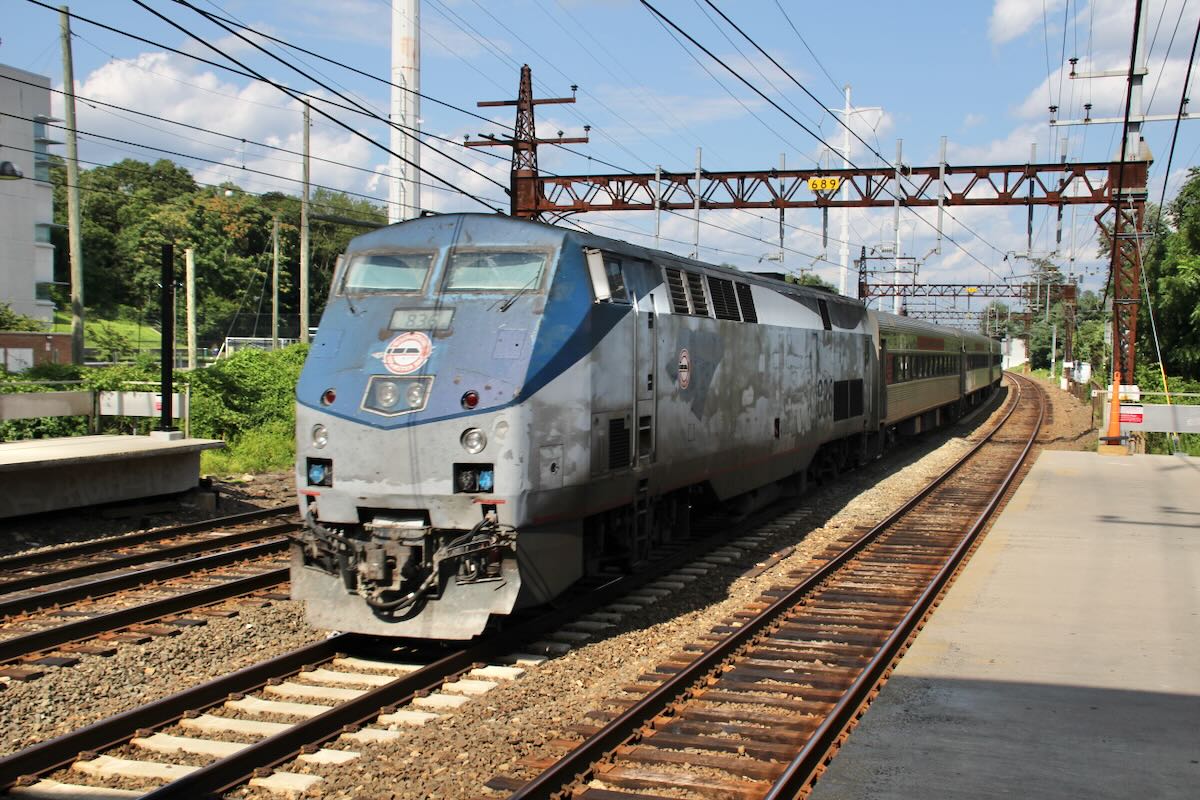
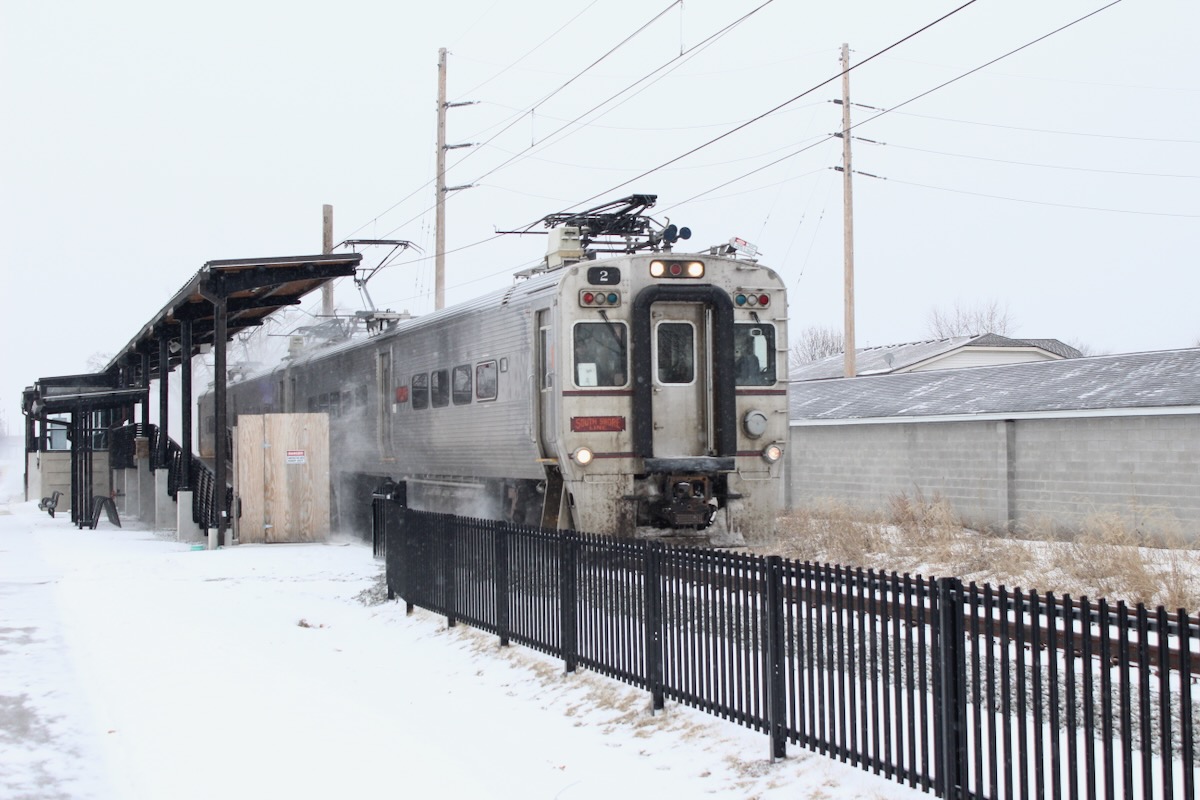
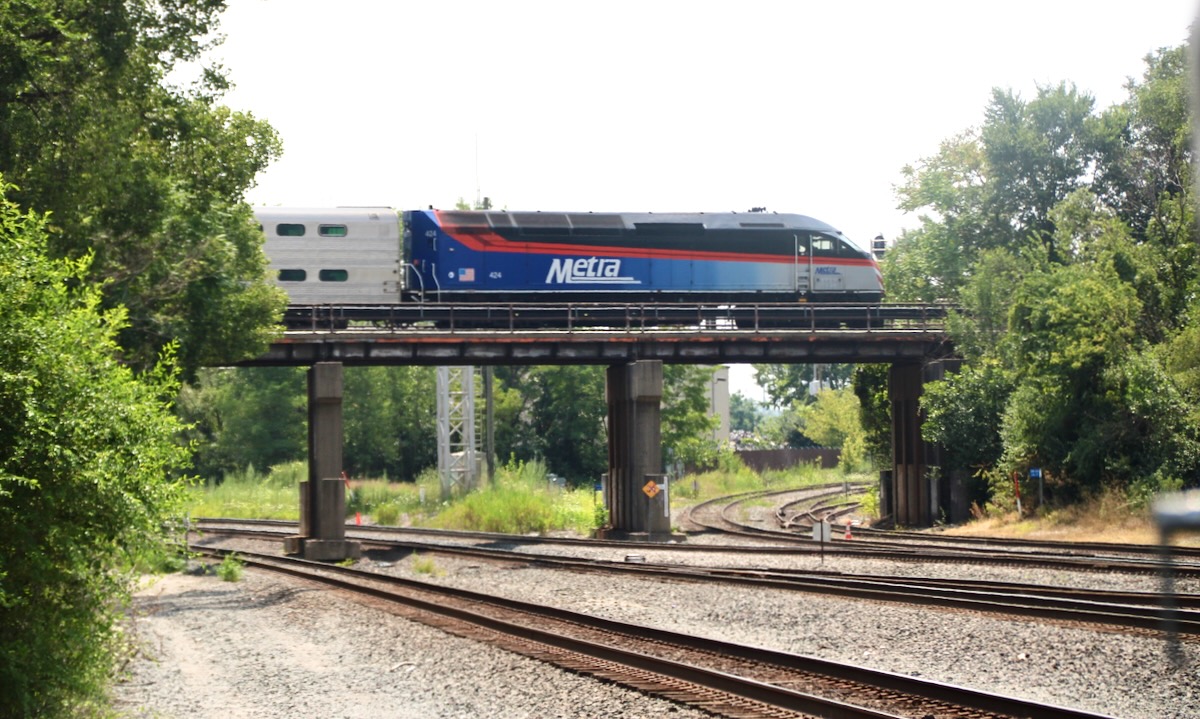




What political entity approved letting a Mexican Railroad take over FEC? Mexico is a nation controlled by drug cartels. It is a corrupt socialist country and should not have been allowed to acquire an American based railroad. Canada it is not!
What political entity approved letting a Mexican Railroad be taken over by KCS? What political entity approved letting KCS be taken over by CPR? Lots of approvals going on around here. At least the cartels won’t have a problem coming up with fluid cash. The serious question is why Fortress didn’t see long term value in FECR?
Seems there’s a lot of little snippets of info regarding the financial health of Brightline. I certainly hope the best for them, but the old saying of “where there’s smoke, there’s fire” usually turns out to be true…
Brightline is slowly discovering what all of us have known all our lives: there’s no money in passenger rail. What begins slowly, snowballs into an avalanche.
What gets me in this: Florida DOT fronted the money to build the r/w in the Interstate median, the theory being that Brightline would pay it back over the years. Good luck with that!
“…negotiations that began in January 2020…” And NOW they’re bringing this up?